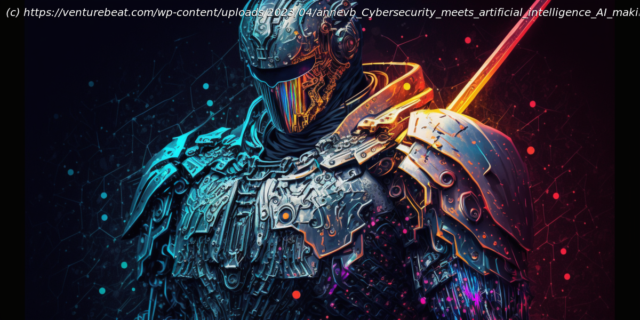AI in cybersecurity must be collaborative, with humans and AI improving efficiency and efficacy over what either could do independently.
~“May you live in interesting times”~
Having the blessing and the curse of working in the field of cybersecurity, I often get asked about my thoughts on how that intersects with another popular topic — artificial intelligence (AI). Given the latest headline-grabbing developments in generative AI tools, such as OpenAI’s ChatGPT, Microsoft’s Sydney, and image generation tools like Dall-E and Midjourney, it is no surprise that AI has catapulted into the public’s awareness.
As is often the case with many new and exciting technologies, the perceived short-term impact of the latest news-making developments is probably overestimated. At least that’s my view of the immediate within the narrow domain of application security. Conversely, the long-term impact of AI for security is huge and is probably underappreciated, even by many of us in the field.Fantastic accomplishments; tragic failures
Stepping back for a moment, machine learning (ML) has a long and deeply storied history. It may have first captured the public’s attention with chess-playing software 50 years ago, advancing over time to IBM Watson winning a Jeopardy championship to today’s chatbots that come close to passing the fabled Turing test.
What strikes me is how each of these milestones was a fantastic accomplishment at one level and a tragic failure at another. On the one hand, AI researchers were able to build systems that came close to, and often surpassed, the best humans in the world on a specific problem.
On the other hand, those same successes laid bare how much difference remained between an AI and a human. Typically, the AI success stories excelled not by outreasoning a human or being more creative but by doing something more basic orders of magnitude faster or at exponentially larger scale.Augmenting and accelerating humans
So, when I’m asked, “How do you think AI, or ML, will affect cybersecurity going forward?” my answer is that the biggest impact in the short-term will come not from replacing humans, but by augmenting and accelerating humans.
Calculators and computers are one good analogy — neither replaced humans, but instead, they allowed specific tasks — arithmetic, numeric simulations, document searches — to be offloaded and performed more efficiently.
The use of these tools provided a quantum leap in quantitative performance, allowing these tasks to be performed more pervasively. This enabled entirely new ways of working, such as new modes of analysis that spreadsheets like VisiCalc, and later Excel, to the benefit of humans and society at large. A similar story played out with computer chess, where the best chess in the world is now played when humans and computers collaborate, each contributing to the area they are best in.Immediate impacts on cybersecurity
The most immediate impacts of AI on cybersecurity based on the latest “new kid on the block” generative AI chatbots are already being seen.






